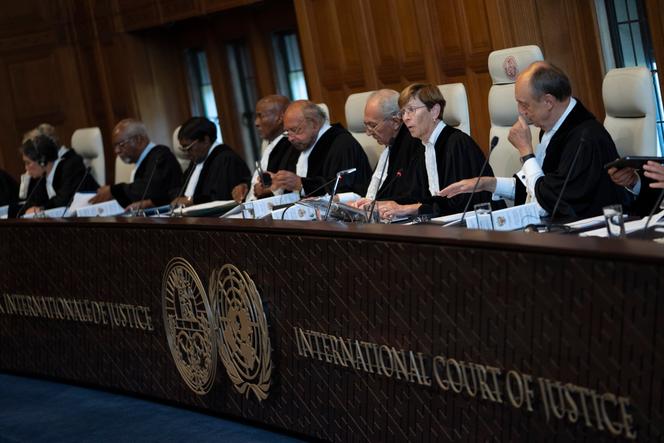


For Israel and the vast majority of its citizens, this case is a heartbreaking aberration: The Jewish state, whose independence was proclaimed in 1948 in the wake of the Holocaust, the largest and most systematic extermination operation in history, has now found itself accused of committing the crime of genocide in the Gaza Strip. For Palestinians, on the other hand, dismayed by the inability of Western diplomatic corps to impose a ceasefire on their Israeli ally, these proceedings are an opportunity to focus the spotlight on the torment endured in by Gazans – far off-limits to the foreign media – where Israeli bombings have caused at least 23,000 deaths and 59,000 injuries in three months, according to figures released by the Hamas-administered Ministry of Health.
The suit for violation of the Convention on the Prevention and Punishment of the Crime of Genocide against Israel was filed on December 29, 2023, by South Africa with the International Court of Justice (ICJ). The hearings will take place on January 11 and 12 at the Peace Palace in The Hague (Netherlands) before the United Nations' highest court, which is responsible for arbitrating disputes between states. They follow three months of a war that many Israelis see as imposed on them by the Palestinian organization Hamas, which massacred 1,200 civilians and soldiers on October 7, 2023, depopulating a large area around the enclave.
It will be years before the judges in The Hague rule on the case's merits. However, South Africa has already asked them to take "provisional measures" to stop the ongoing crimes in the Palestinian territory. The Court admittedly lacks the power to enforce its decisions. If it were to call for UN Security Council sanctions, the United States – which has been supporting Israel in its war – would almost certainly veto the move. On Tuesday, US Secretary of State Antony Blinken declared that the charge of genocide against Israel before the ICJ is "meritless." Nevertheless, the judges' opinion on the provisional measures could have considerable symbolic significance.
In the application document it transmitted to the ICJ, South Africa urged the court to order Israel to "immediately suspend all military operations in and against Gaza," and to "desist from the commission of any and all acts" that could constitute genocide – in particular including "killing" and "causing serious bodily or mental harm" to the Palestinian people – as well as desisting from "deliberately inflicting on the [Palestinian people] conditions of life calculated to bring about [their] physical destruction," among other acts.
You have 75% of this article left to read. The rest is for subscribers only.
